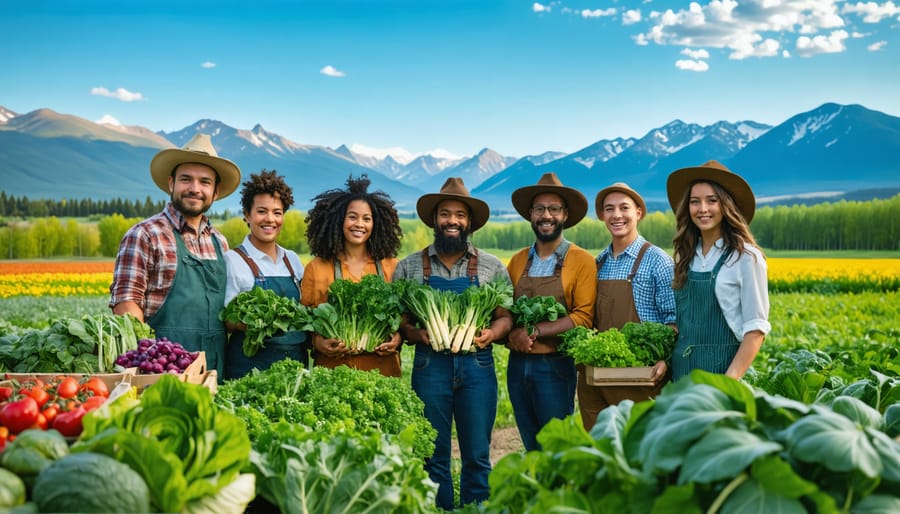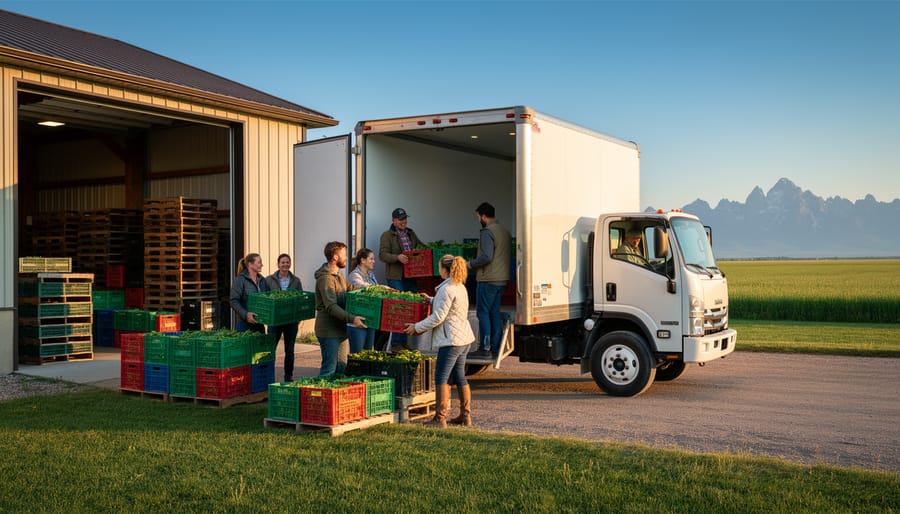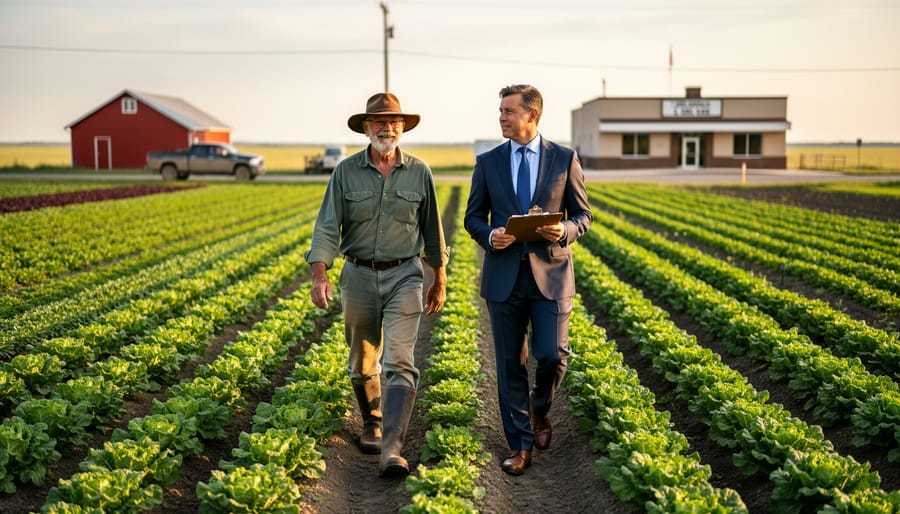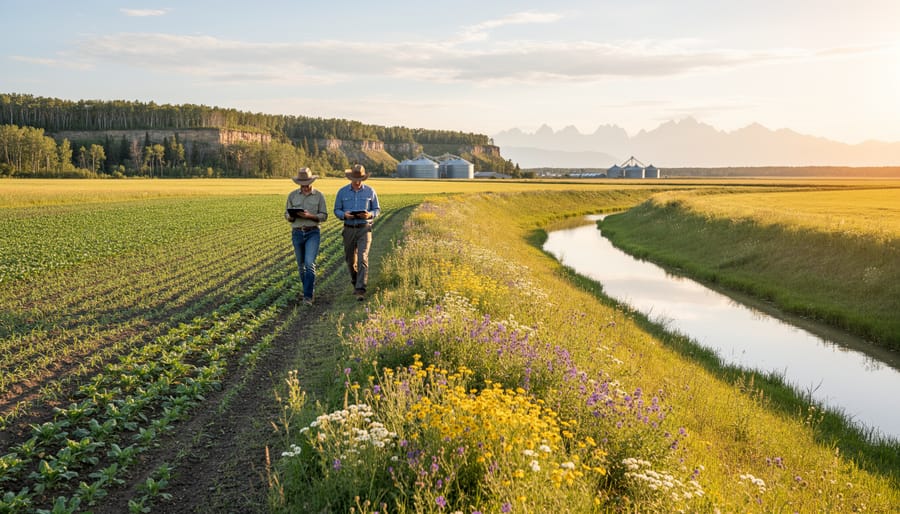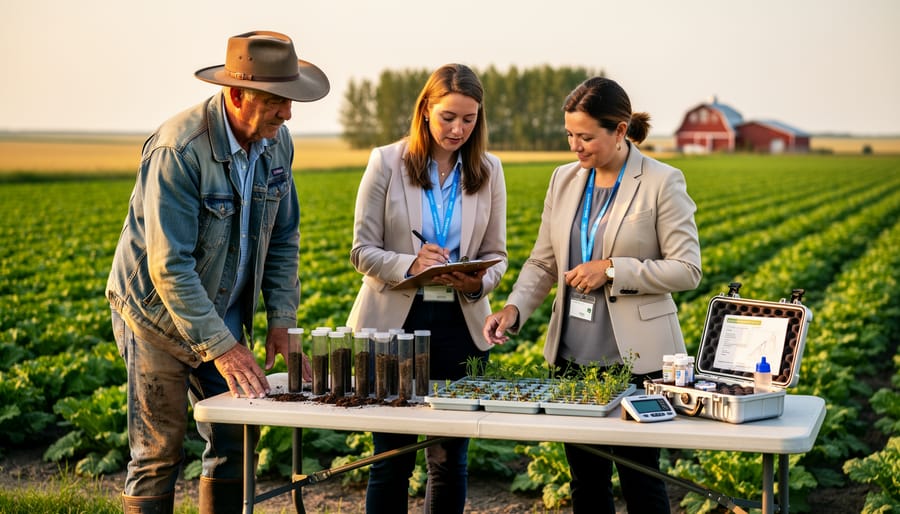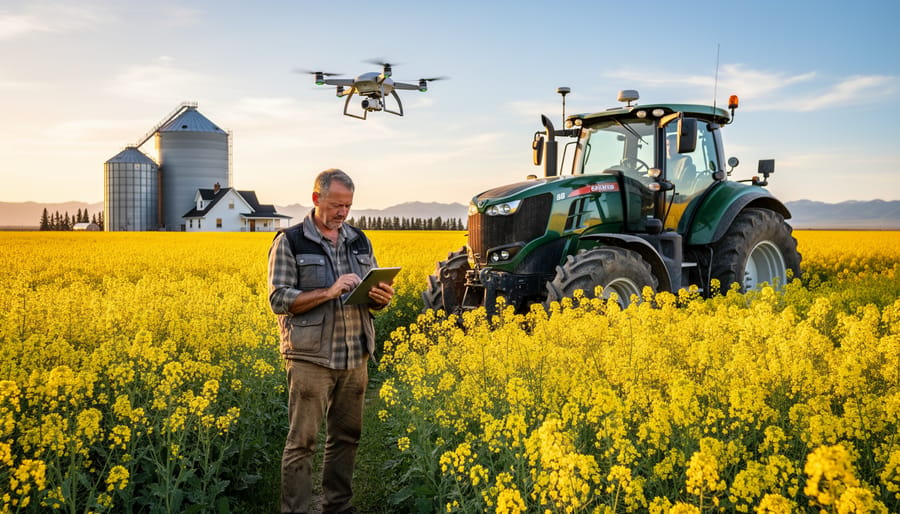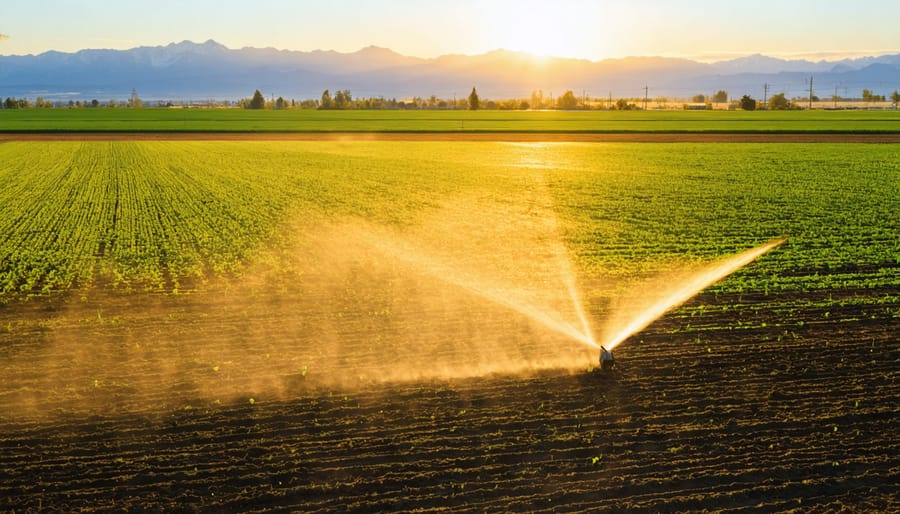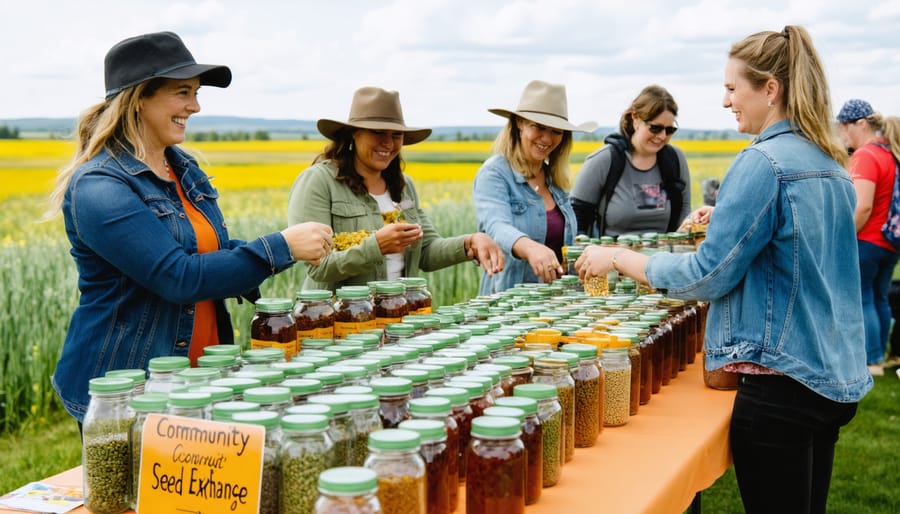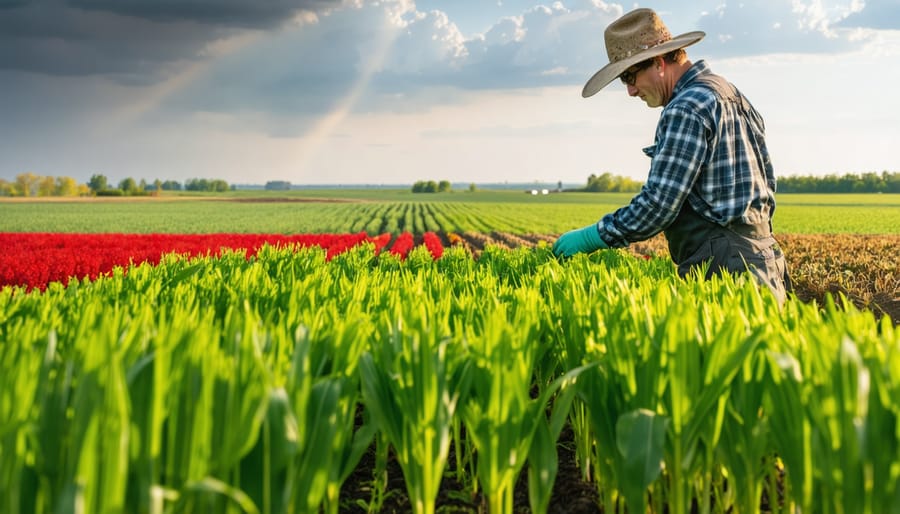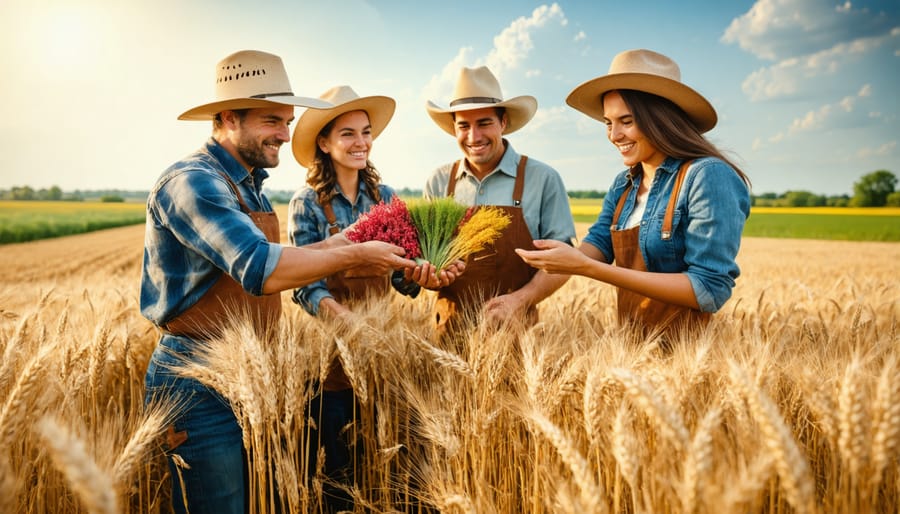In the heart of every thriving society lies a powerful force – the organic community. It is the lifeblood that nourishes our connections, supports our growth, and weaves the fabric of our shared experiences. From the bustling streets of vibrant cities to the tranquil landscapes of rural towns, organic communities emerge as beacons of resilience, creativity, and hope. They are the spaces where individuals come together, united by common values and aspirations, to create something greater than the sum of their parts. In a world often marked by division and isolation, organic communities stand as a testament to the transformative power of human connection and collective action. Through their diverse expressions – from grassroots initiatives and neighborhood associations to artistic collectives and social movements – they remind us of our inherent capacity to shape our realities and build a future that reflects our deepest aspirations. As we navigate the challenges and opportunities of our time, the cultivation of organic communities becomes not only a means of personal fulfillment but a vital necessity for the health and well-being of our society as a whole. In the pages that follow, we will explore the essence of organic communities, the principles that guide their formation and growth, and the countless ways in which they enrich our lives and our world.
The Power of Collaboration
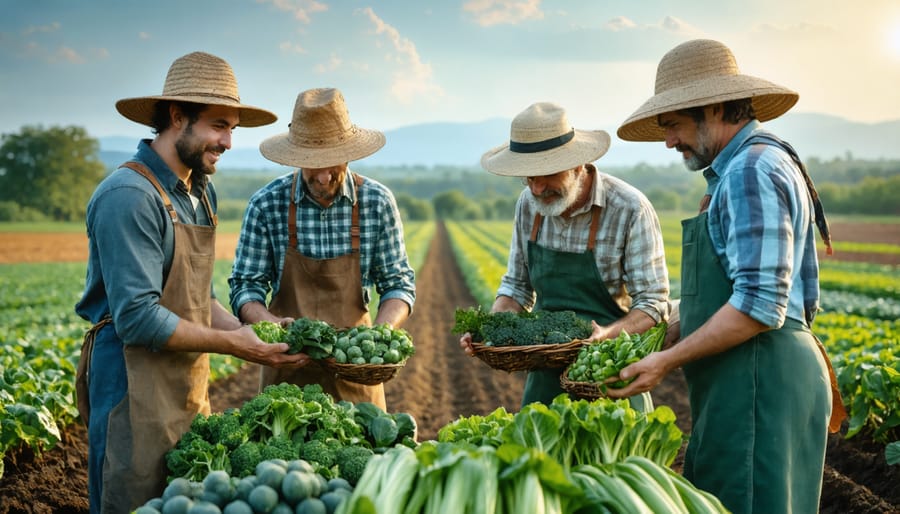
Farmer-to-Farmer Knowledge Sharing
Farmer-to-farmer knowledge sharing is a vital component of thriving organic communities. By fostering connections and facilitating the exchange of valuable insights, farmers can learn from each other’s successes, challenges, and innovative solutions. This collaborative approach not only strengthens the organic farming community but also promotes the adoption of sustainable organic farming practices.
In Alberta, farmer-led organizations and networks play a crucial role in bringing farmers together to share their expertise. These groups organize workshops, field days, and mentorship programs, enabling farmers to learn directly from their peers. By sharing their experiences with soil health management, crop rotation, pest control, and other aspects of organic farming, farmers can collectively enhance their skills and adapt to the unique challenges of their region.
Moreover, knowledge sharing extends beyond local communities. Online platforms and social media groups dedicated to organic farming connect farmers across the province and beyond, allowing them to seek advice, share resources, and collaborate on projects. This digital connectivity has been particularly valuable for farmers in remote areas, providing them with access to a wealth of knowledge and support.
As organic communities continue to grow and evolve, prioritizing farmer-to-farmer knowledge sharing will be essential for building a resilient and sustainable agricultural future in Alberta and throughout Canada.
Engaging with Local Experts
Engaging with local experts is crucial for organic farmers seeking guidance and support in their sustainable agriculture practices. In Alberta, organizations like the Organic Alberta association connect farmers with experienced mentors who can provide invaluable advice on topics such as soil health, pest management, and organic certification processes. These experts, often seasoned organic farmers themselves, offer practical insights based on their years of hands-on experience in the region’s unique growing conditions. By attending workshops, participating in field days, and joining online forums, organic farmers can tap into this wealth of knowledge and build relationships with local experts who can help them navigate the challenges and opportunities of organic farming. This collaborative approach not only benefits individual farmers but also strengthens the overall organic community in Alberta by fostering a culture of knowledge sharing and mutual support. As more farmers connect with local experts and implement best practices in organic agriculture, they contribute to the growth and resilience of the organic sector in the province.
Education and Resources
Online Learning Opportunities
The organic community in Alberta offers a wealth of online learning opportunities for farmers and agricultural professionals seeking to expand their knowledge of sustainable practices. Organizations like Organic Alberta and the Prairie Organic Grain Initiative host regular webinars featuring industry experts who share insights on topics such as soil health, crop rotation, and pest management. These interactive sessions allow participants to ask questions and engage with the presenters, fostering a sense of community and collaboration.
In addition to webinars, several online courses are available to support organic farming practices. The University of Alberta’s Faculty of Agricultural, Life and Environmental Sciences offers a comprehensive course on organic crop production, covering subjects like soil fertility, weed control, and organic certification requirements. The course is self-paced and accessible to farmers across Canada, providing flexibility for those with busy schedules.
The Canadian Organic Growers also provide a range of online learning resources, including a series of video tutorials and e-learning modules. These cover various aspects of organic farming, from the basics of organic principles to more advanced topics like livestock management and value-added processing. By leveraging these online learning opportunities, farmers can gain the knowledge and skills needed to successfully implement organic practices on their own operations, while connecting with a supportive community of like-minded individuals.

In-Person Workshops and Events
In-person workshops and events are vital components of fostering a thriving organic community in Alberta. These hands-on learning opportunities bring together farmers, agricultural professionals, and enthusiasts to share knowledge, exchange ideas, and build meaningful connections. Workshops cover a wide range of topics, from soil health and crop rotation to pest management and organic certification processes. Attendees gain practical skills and insights from experienced instructors and fellow participants, enabling them to implement best practices on their own farms.
Community events, such as farm tours, potlucks, and seasonal celebrations, create a sense of camaraderie and support among members. These gatherings provide a platform for networking, problem-solving, and celebrating successes. By participating in these events, individuals become part of a larger movement dedicated to sustainable agriculture and healthy food systems. The relationships formed through these interactions often lead to ongoing collaborations, mentorship opportunities, and a strong sense of belonging within the organic community.
Whether you’re a seasoned organic farmer or just starting your journey, attending in-person workshops and events is an invaluable way to expand your knowledge, connect with like-minded individuals, and contribute to the growth of Alberta’s vibrant organic community.
Environmental and Economic Benefits
Reducing Carbon Footprint
Organic farming practices play a crucial role in reducing carbon consumption and mitigating climate change. By focusing on soil health, organic farmers minimize the use of synthetic fertilizers and pesticides, which are major contributors to greenhouse gas emissions. Instead, they rely on natural methods like crop rotation, cover cropping, and composting to enhance soil fertility and sequester carbon. Studies have shown that organic soils can store significantly more carbon than conventionally farmed soils, making them a vital tool in the fight against climate change.
Moreover, organic farming often involves local production and distribution, reducing the carbon footprint associated with long-distance transportation. By supporting local organic farmers, consumers can help decrease the energy consumption and emissions related to food miles. Additionally, organic farming tends to be more labor-intensive, providing employment opportunities and strengthening local economies. As the demand for organic products grows, more farmers may be encouraged to adopt these sustainable practices, further contributing to a reduction in global carbon emissions. By choosing to support organic agriculture, both farmers and consumers can play an active role in building a more environmentally friendly and climate-resilient future.
Enhancing Soil Health and Biodiversity
Organic farming practices play a vital role in promoting soil health and biodiversity in Alberta’s ecosystems. By avoiding synthetic pesticides and fertilizers, organic farmers allow the soil to maintain its natural balance of nutrients and microorganisms. This leads to improved soil structure, increased water retention capacity, and enhanced nutrient cycling. Organic farming also encourages crop rotation and the use of cover crops, which further contribute to soil fertility and prevent erosion. As a result, the soil becomes more resilient to extreme weather conditions and supports a diverse array of beneficial insects, pollinators, and wildlife. Studies have shown that organic farms in Alberta harbor a greater variety of plant and animal species compared to conventionally managed lands. By prioritizing soil health and biodiversity, organic farming not only produces nutritious food but also helps preserve the province’s natural heritage for future generations. Embracing these sustainable practices strengthens the connection between farmers and the land, fostering a sense of stewardship and respect for the environment.
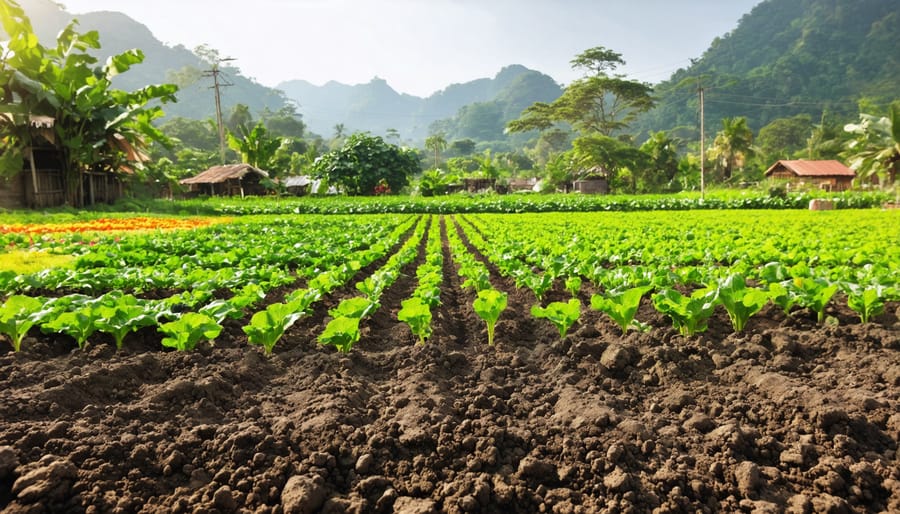
Conclusion
In conclusion, organic communities play a vital role in promoting sustainable agriculture practices and fostering a sense of connection among farmers, consumers, and the environment. By embracing organic farming methods, supporting local producers, and engaging in knowledge-sharing initiatives, Alberta’s organic communities are leading the way in creating a more resilient and environmentally conscious agricultural landscape. The benefits of organic farming extend beyond the farm gate, contributing to healthier ecosystems, improved food quality, and stronger local economies.
As we look to the future, it is essential that we continue to support and grow organic communities across Alberta and throughout Canada. By getting involved with organizations like Organic Farming, The Canadian Way, farmers and consumers alike can access valuable resources, connect with like-minded individuals, and contribute to the ongoing success of the organic movement. Together, we can build a more sustainable and vibrant agricultural future for generations to come.

